Will AI put game developers out of business? Find out why we think so after developing a new udemy course “Fast and Furious Game Dev with JavaScript and AI.”
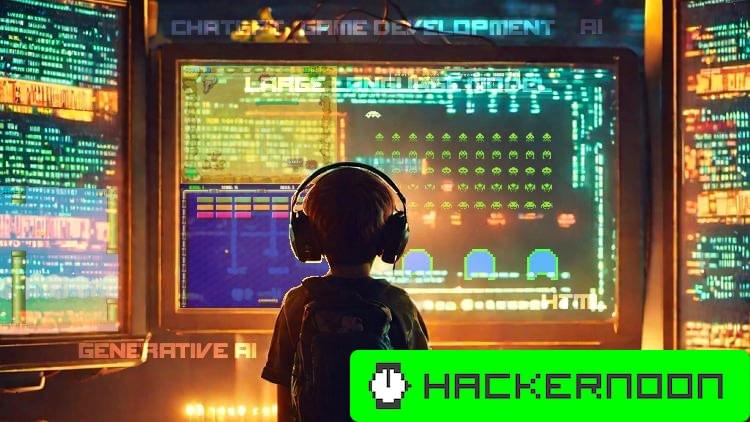

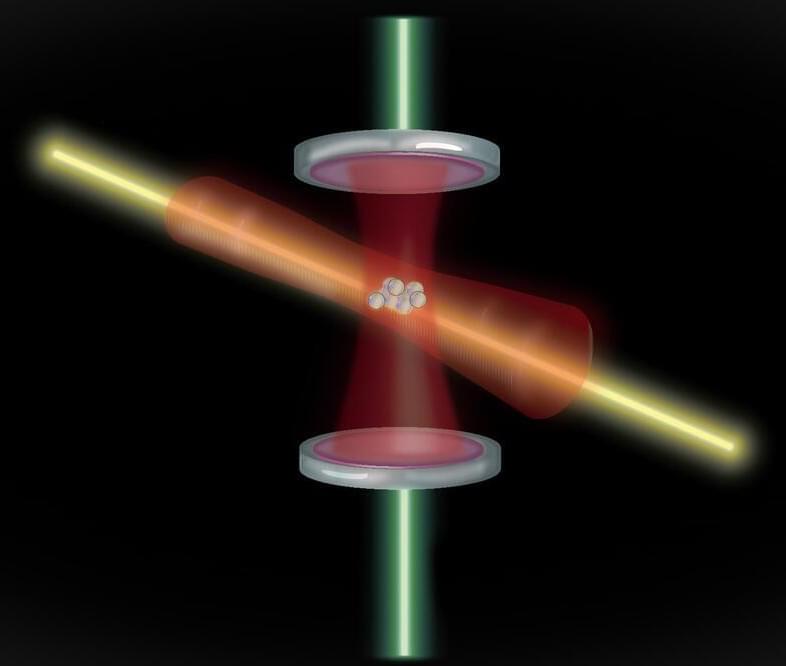
Einstein’s fascination with light, considered quirky at the time, would lead him down the path to a brand new theory of physics.
Living half a century before Einstein, a Scotsman, James Clerk Maxwell, revealed a powerful unification and universalization of nature, taking the disparate sciences of electricity and magnetism and merging them into one communion. It was a titanic tour-de-force that compressed decades of tangled experimental results and hazy theoretical insights into a tidy set of four equations that govern a wealth of phenomena. And through Maxwell’s efforts was born a second great force of nature, electromagnetism, which describes, again in a mere four equations, everything from static shocks, the invisible power of magnets, the flow of electricity, and even radiation – that is, light – itself.
At the time Einstein’s fascination with electromagnetism was considered unfashionable. While electromagnetism is now a cornerstone of every young physicist’s education, in the early 20th century it was seen as nothing more than an interesting bit of theoretical physics, but really something that those more aligned in engineering should study deeply. Though Einstein was no engineer, as a youth his mind burned with a simple thought experiment: what would happen if you could ride a bicycle so quickly that you raced beside a beam of light? What would the light look like from the privileged perspective?
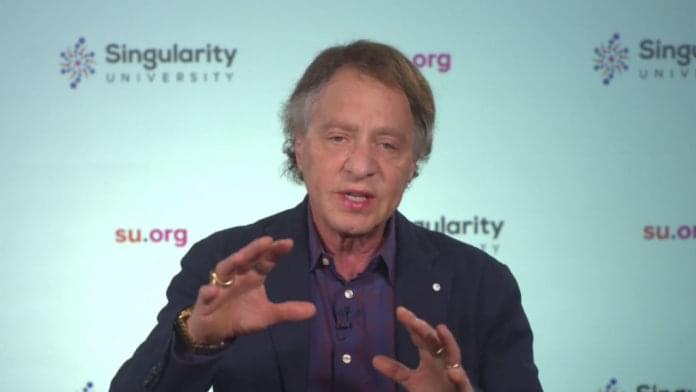
face_with_colon_three Year 2017
Ray Kurzweil is an inventor, thinker, and futurist famous for forecasting the pace of technology and predicting the world of tomorrow. In this video, Kurzweil suggests the blueprint for the master algorithm—or a single, general purpose learning algorithm—is hidden in the brain.
The brain, according to Kurzweil, consists of repeating modules that self-organize into hierarchies that build simple patterns into complex concepts. We don’t have a complete understanding of how this process works yet, but Kurzweil believes that as we study the brain more and reverse engineer what we find, we’ll learn to write the master algorithm.
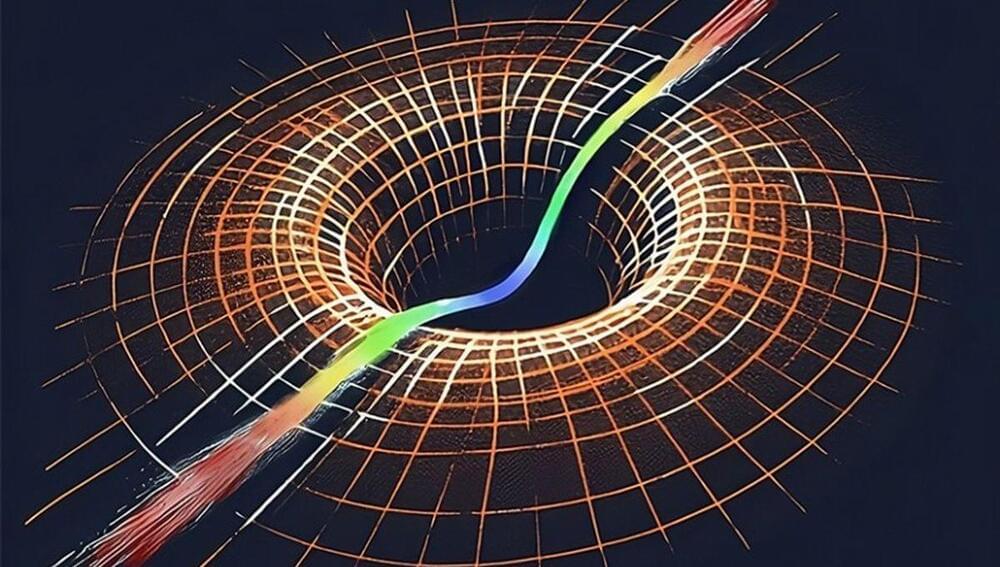
Oh yea? I just learned the steps to copperhead road so… whatever.
Light is something in our world that we are very familiar with, and yet it can still throw some incredible curveballs when you look at it in detail. A newly discovered one comes from a pretty well-established phenomenon: what happens when light passes through an interface? That could be glass, water, or something completely different. The solution for that has long been established, but scientists have now found something weird going on in the middle.
As light goes through an interface, its speed changes. The solution for the behavior of light on one side of the interface or the other is the well-established standard wave equation. They can be linked with no problem (a piecewise continuous solution) but this still doesn’t explain what happens at the interface itself. There, the wave should experience an acceleration that is not accounted for by the current solution.
Now, an equation has been put forward in the case of a universe with one space dimension and one time dimension.
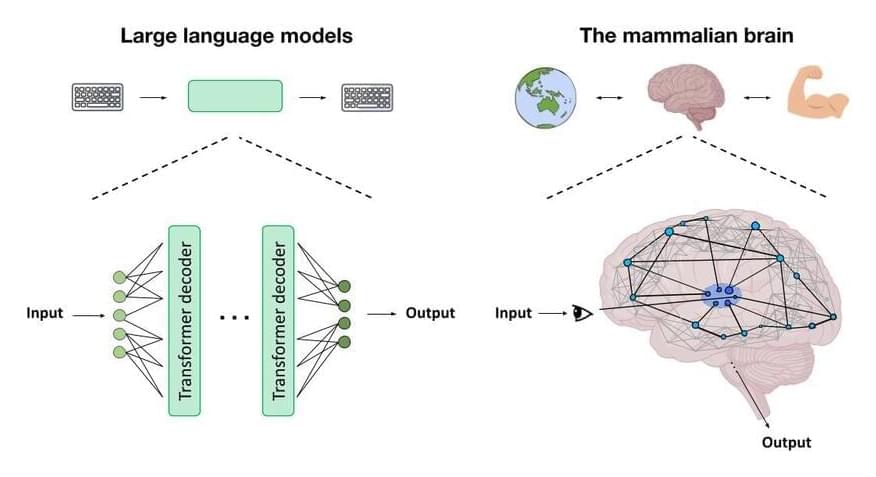
The rise in capabilities of artificial intelligence (AI) systems has led to the view that these systems might soon be conscious. However, we might be underestimating the neurobiological mechanisms underlying human consciousness.
Modern AI systems are capable of many amazing behaviors. For instance, when one uses systems like ChatGPT, the responses are (sometimes) quite human-like and intelligent. When we, humans, are interacting with ChatGPT, we consciously perceive the text the language model generates, just as you are currently consciously perceiving this text here.
The question is whether the language model also perceives our text when we prompt it. Or is it just a zombie, working based on clever pattern-matching algorithms? Based on the text it generates, it is easy to be swayed that the system might be conscious.
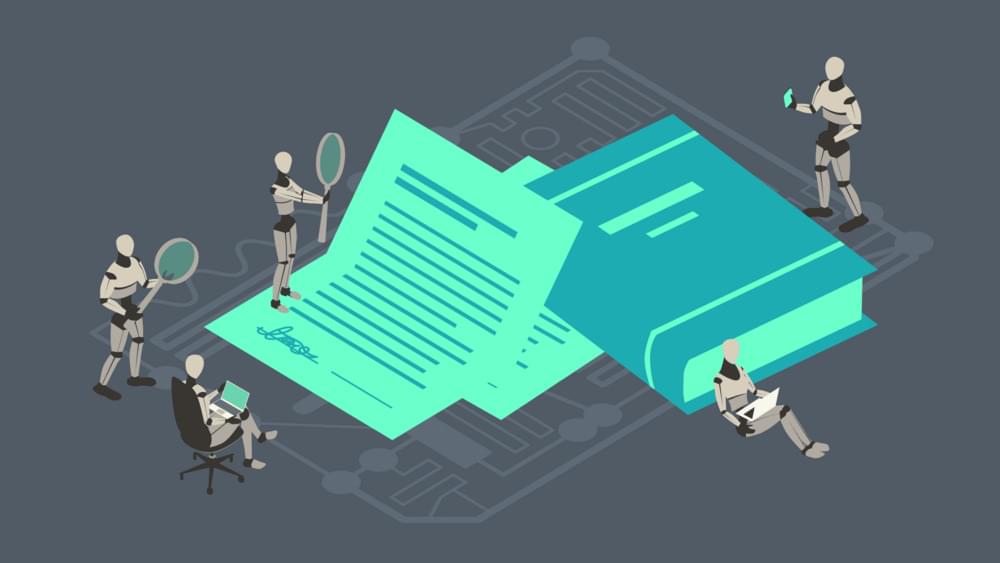
In a world first, artificial intelligence demonstrated the ability to negotiate a contract autonomously with another artificial intelligence without any human involvement.
British AI firm Luminance developed an AI system based on its own proprietary large language model (LLM) to automatically analyze and make changes to contracts. LLMs are a type of AI algorithm that can achieve general-purpose language processing and generation.
Jaeger Glucina, chief of staff and managing director of Luminance, said the company’s new AI aimed to eliminate much of the paperwork that lawyers typically need to complete on a day-to-day basis.
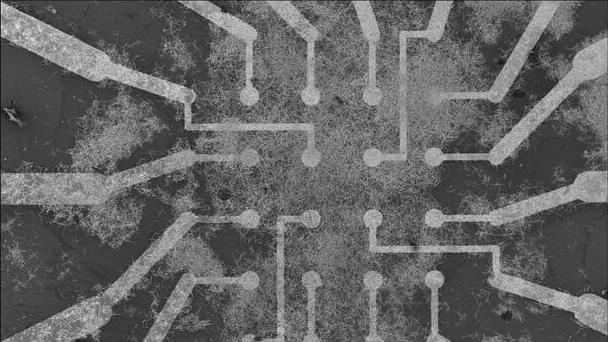
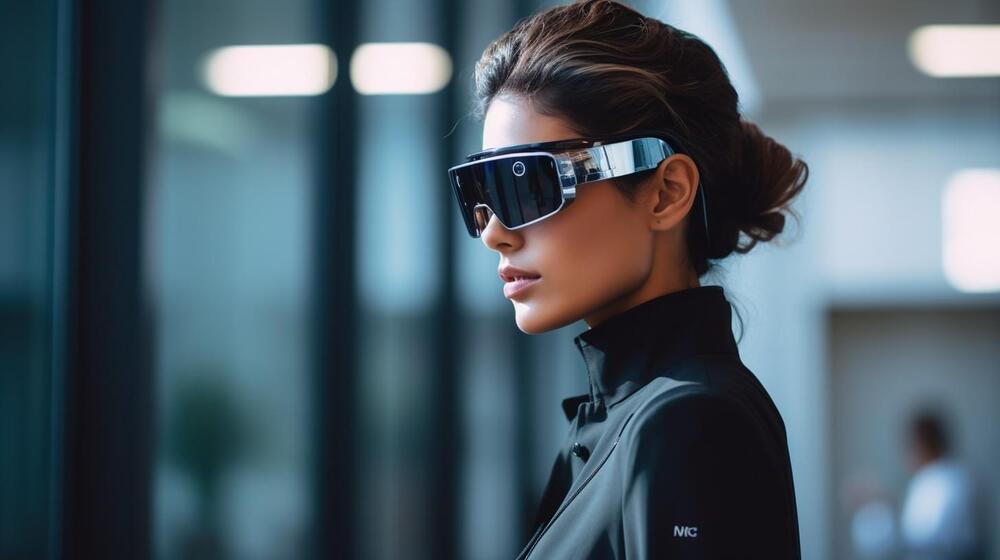
The future of smart glasses is about to change drastically with the upcoming release of DigiLens ARGO range next year. These innovative smart glasses will be powered by Phantom Technology’s cutting-edge spatial AI assistant, CASSI. This partnership between DigiLens, based in Silicon Valley, and Phantom Technology, located at St John’s Innovation Centre, brings together the expertise of both companies to create a game-changing wearable device.
Phantom Technology, an AI start-up founded by a group of brilliant minds, has been working diligently over the years to develop advanced human interface technologies for AI wearables. Their breakthrough 3D imaging technology allows users to identify objects in their environment, enhancing their overall experience. With DigiLens incorporating Phantom’s patented optical platform into their consumer product, customers can expect a new era of smart glasses with unparalleled features.
CASSI, the novel spatial AI assistant designed by Phantom Technology, aims to boost productivity and awareness in enterprise settings. This innovative assistant combines computer vision algorithms with a large language model, enabling users to receive step-by-step instructions and assistance for various tasks. Imagine effortlessly locating any physical object or destination in the real world with 3D precision, using your voice to generate instructions, and seamlessly managing tasks using augmented reality.
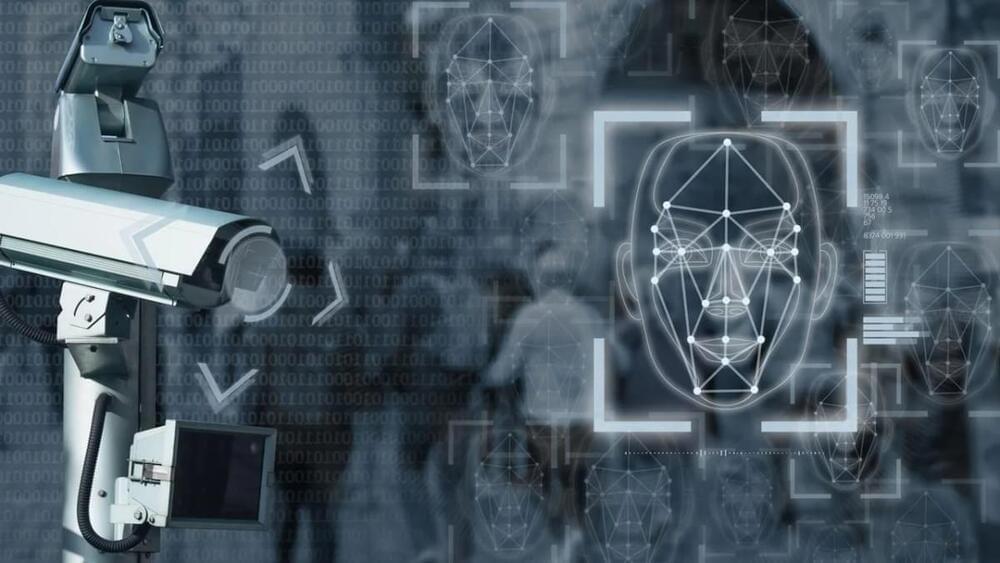
In recent years, the field of artificial intelligence has witnessed remarkable advancements, with researchers exploring innovative ways to utilize existing technology in groundbreaking applications. One such intriguing concept is the use of WiFi routers as virtual cameras to map a home and detect the presence and locations of individuals, akin to an MRI machine. This revolutionary technology harnesses the power of AI algorithms and WiFi signals to create a unique, non-intrusive way of monitoring human presence within indoor spaces. In this article, we will delve into the workings of this technology, its potential capabilities, and the implications it may have on the future of smart homes and security.
The Foundation of WiFi Imaging: WiFi imaging, also known as radio frequency (RF) sensing, revolves around leveraging the signals emitted by WiFi routers. These signals interact with the surrounding environment, reflecting off objects and people within their range. AI algorithms then process the alterations in these signals to form an image of the indoor space, thus providing a representation of the occupants and their movements. Unlike traditional cameras, WiFi imaging is capable of penetrating walls and obstructions, making it particularly valuable for monitoring people without compromising their privacy.
AI Algorithms in WiFi Imaging: The heart of this technology lies in the powerful AI algorithms that interpret the fluctuations in WiFi signals and translate them into meaningful data. Machine learning techniques, such as neural networks, play a pivotal role in recognizing patterns, identifying individuals, and discerning between static objects and moving entities. As the AI model continuously learns from the WiFi data, it enhances its accuracy and adaptability, making it more proficient in detecting and tracking people over time.
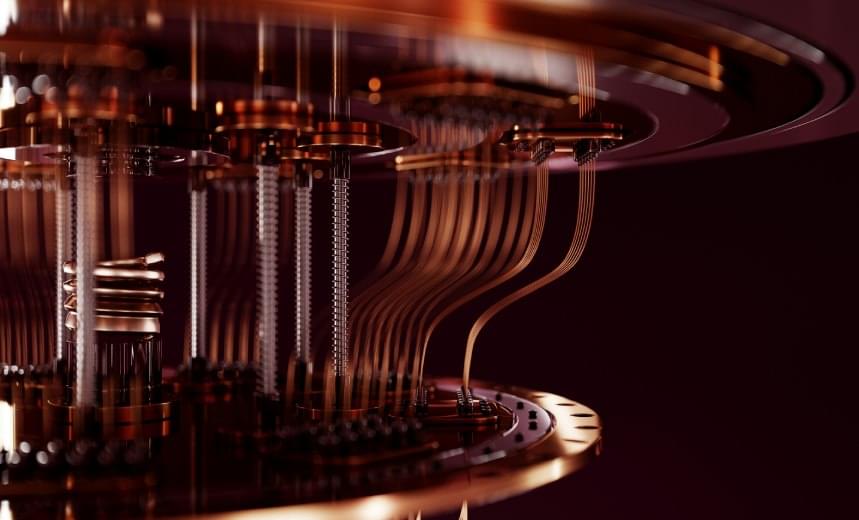
A scientist claims to have developed an inexpensive system for using quantum computing to crack RSA, which is the world’s most commonly used public key algorithm.
See Also: Live Webinar | Generative AI: Myths, Realities and Practical Use Cases
The response from multiple cryptographers and security experts is: Sounds great if true, but can you prove it? “I would be very surprised if RSA-2048 had been broken,” Alan Woodward, a professor of computer science at England’s University of Surrey, told me.